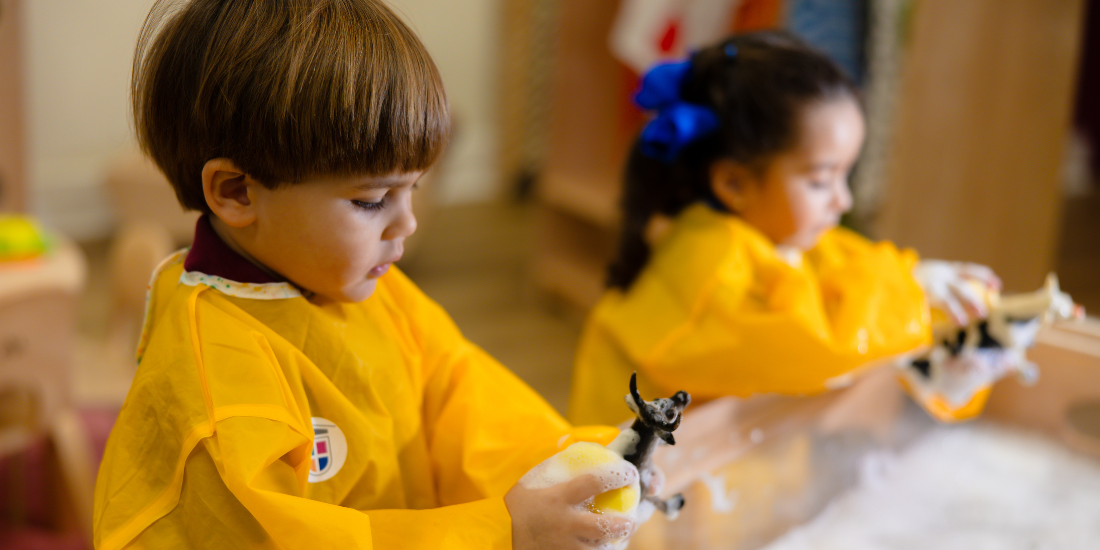Early childhood education is about much more than learning letters and numbers. These formative years…

Can your own screen time affect your child?
As technology becomes an ever-present part of our daily lives, it’s natural to wonder how our own screen habits might impact our children. With the rise of remote work, social media, and digital entertainment, parents are often juggling multiple screens throughout the day. But while we may be adept at multitasking, have we considered the effect our screen time has on the development and behavior of our young ones? Keep reading this guide on screen time and how it influences your little one.
Observable Behaviors
One immediate concern is the modeling of behavior. Children, being the keen observers that they are, tend to mimic the actions of their parents. If a child consistently sees a parent absorbed in their phone or laptop, they may come to view this as normal and acceptable behavior. This can lead to a higher desire for screen time themselves, potentially detracting from active play, creativity, and critical social interactions.
Managing Your Own Screen Time
The demands of modern life, in many cases often necessitate that both parents work, making balancing screen time even more challenging. According to the Bipartisan Policy Center, 71% of children under five live in households where both parents work. When parents come home after a long day, the temptation to unwind by scrolling social media or watching a show can inadvertently send the message that screen time is a primary source of relaxation and entertainment.
The Importance of Parent-Child Interactions
Additionally, excessive parental screen time can reduce the quality and quantity of parent-child interactions. Meaningful conversations, storytelling, and shared activities are irreplaceable components of language development and emotional bonding. When parents are distracted by screens, these crucial interactions can dwindle, potentially impacting a child’s emotional security and communication skills. Limiting distractions and prioritizing face-to-face time can foster a more nurturing and connected family environment.
With this guide for parents, we hope to help families understand that the way we use screens can significantly influence our children’s habits and development. Balancing screen use with active and engaging family time can help them thrive in a digital age without forgoing the essential elements of early childhood development. If you’re looking to enroll your young student in an academic program that prioritizes their attention span and socialization, reach out to Key Point Academy Doral.



